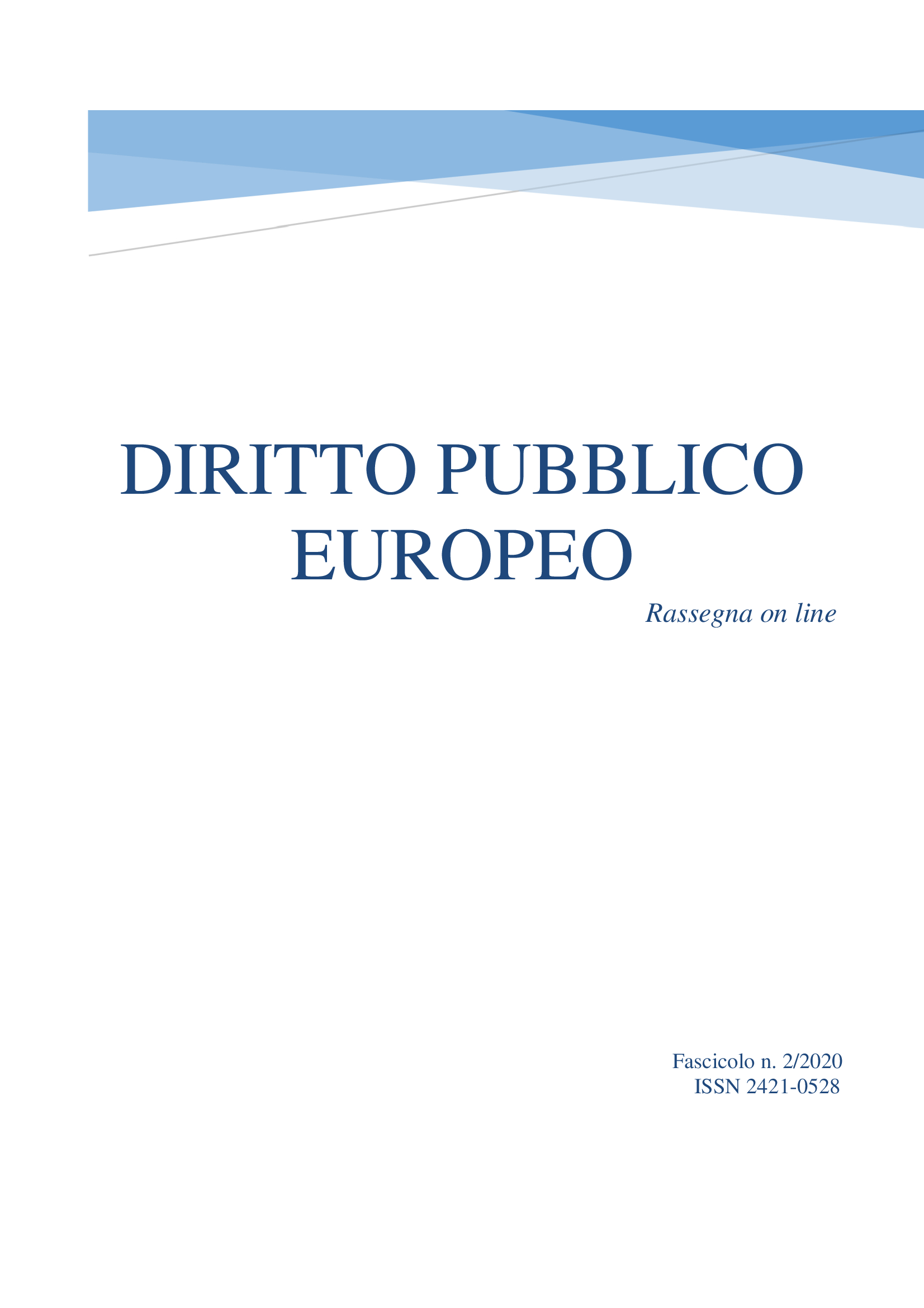Normative models of contact tracing between "reason" and "will"
DOI:
https://doi.org/10.6092/2421-0528/7246Keywords:
Right to privacy, contact tracing, voluntary and compulsory modelsAbstract
Due to the emergency linked to Covid-19, in the various national legal systems, numerous limitations have been progressively imposed on the fundamental freedoms of individuals: personal freedom, freedom of movement, freedom of assembly, that of worship, that of economic initiative are only some of the main individual prerogatives strongly reduced - if not canceled - in the perspective of contrasting the spread of the infection and, therefore, in the logic of the pre-eminence of the right to health (individual and collective)These limiting interventions have been perceived as absolutely necessary and accepted with substantial condescension, without any doctrinal debate concerning the possibility of using different models based upon voluntary dynamics. Now, in a phase of progressive (re)expansion of the individual rights and liberties, the focus is upon contact tracing technologies and their impact on the right to privacy. Antithetical options have inspired Westerns and Eastern legal systems: the former (especially european systems) based on voluntary models of tracking which guarantee the anonymity of the individuals; the latter on the implementation of social credit systems, that make extensive use of compulsory geolocation and other forms of control (such as China, South Korea). Indeed, these privacy restrictions, laughable when compared with to those suffered in recent months by fundamental freedoms, are surrounded - especially in the Western legal tradition - by political and social disvalues and are accompanied by a deep debate at several levels, surprising even during this emergency season.


